Not only "self-training", President Ho Chi Minh required cadres and party members to persistently practice revolutionary ethics every day, like "the more jade is polished, the brighter it becomes, the more gold is refined, the purer it becomes".

President Ho Chi Minh in his office at Viet Bac base - Documentary photo
Beloved President Ho Chi Minh, the great leader of the Vietnamese people, is the embodiment of Vietnamese revolutionary heroism, nobility and courage. As the following poem praises, his will is faith and strength, truth, spring of life, source of noble spirit that nourishes everyone, and defies all time: "Ho Chi Minh, he is the embodiment of the strength of faith. In his smile are all the springs. Ho Chi Minh, Ho Chi Minh, he is a man who defies time" ([1])Shining revolutionary spirit and will of Ho Chi Minh
President Ho Chi Minh was born into a patriotic Confucian family in a village in the lower Lam River of Nghe An. That village, throughout the history of building and defending the country, often faced countless wars and natural disasters, and was brave in hardship and challenges, and resilient in loss. The patriotic tradition of his family, hometown, and his own awareness soon gave rise to a passionate love for his country and people in Ho Chi Minh. He believed: "To live and be a human being is to love the country, love the people, love the suffering and oppressed humanity..." [2]. He said so and he devoted his entire life to realizing it. From the process of realizing that noble goal and ideal, Ho Chi Minh became a typical example of the noble qualities of a communist soldier: "Wealth cannot seduce, poverty cannot shake, power cannot subdue". In his youth, Ho Chi Minh chose the path of going into the lair of colonialism to find the most correct direction, the most suitable and secure way for his people on the path of struggle for self-liberation. The journey was long and arduous with many challenges both physically (physically) and mentally, but he was always absolutely loyal to the aspiration for liberation, independence and freedom of his people and of the people of the colonies and dependent countries. During the period of 1934-1938, after being released from Victoria prison in Hong Kong, Ho Chi Minh was misunderstood about some of his practical activities and revolutionary views, causing him to be in a state of "inactivity", "living beside, outside of the Party" [3]. Overcoming the ordeal of hardship and imprisonment was very difficult, but overcoming the ordeal of being misunderstood and suspected was much more painful. It was a "sad situation" in his vibrant revolutionary life. But it was that silence that made Ho Chi Minh's steadfastness, intelligence and steadfast heart shine even brighter for the existence and development of the Party, as his comrade - student, Le Hong Phong commented in 1935: "I know that comrade Quoc was very active in revolutionary activities and that the Party's career issues were always placed higher than his personal life. It can be said that he always lived and worked for the Party" [4]. Another lesson about the ability to self-train and the will to overcome all harsh challenges, to master himself and his circumstances was the time Ho Chi Minh spent "Fourteen months of numbing shackles" [5] (from August 29, 1942 to September 10, 1943) in nearly 30 prisons of the Chiang Kai-shek government in Guangxi, China. The harsh living conditions in prison caused no small physical damage, but even more serious was the spirit of having to endure the "long days" of boredom while the country's revolutionary movement was in the important stages of development. But "the prison life did not diminish his faith in the future, did not harm his noble soul, did not limit the love of the revolutionary soldier for the life around him, but rather trained and tested his will and feelings" [6]. The collection of poems Prison Diary recorded the miserable, boring life in prison but at the same time was an epic full of revolutionary spirit of the communist soldier Ho Chi Minh. His poems rich in steel and humane spirit flew out of the four cold gray stone walls, encouraging comrades to maintain their integrity. It can be affirmed that without the fighting will of the revolutionary soldier, of the proletariat, there could not have been that indomitable spirit. Ho Chi Minh's revolutionary spirit and will shone even brighter during the 24 consecutive years he held the position of the number 1 citizen of an independent Vietnam, holding the highest key positions: Party Chairman, State President, Government Chairman, and for a time also General Secretary of the Party Central Committee. Standing at the top of the power pyramid, Ho Chi Minh was not greedy for power but considered his role as Chairman to be entrusted by the people. He considered himself "a soldier obeying the nation's orders to go to the front line", "a loyal servant of the people". He lived a life of diligence - thrift - integrity - uprightness, impartiality. He worked and led the revolution with a democratic, scientific, and popular style, always upholding the sense of responsibility and being an exemplary leader. In the economic and political situation of our country at that time, the fact that President Ho Chi Minh lived a normal life like cadres and people showed that he understood very well and closely the actual material life of the people, and at the same time showed the noble heart of a leader who wanted to "share the joys and sorrows" with the people. President Ho Chi Minh rose above ordinary material desires, not accepting the right to enjoy material things according to his supreme position. Comrade Nguyen Luong Bang recalled: When preparing to write the work "Improving revolutionary morality, wiping out individualism", Uncle emphasized that: Party cadres and members are the mirror for the masses to look at, so our people have the saying "Party members go first, the country follows!". To do that, cadres and party members must cultivate and train themselves to endure any hardship, but also endure any happiness, only then can revolutionary morality be maintained. He continued: I am very worried that when there is a government, with economic conditions different from the resistance war, cadres will easily fall into corruption, bureaucracy, and depravity. Those are the cadres and party members who cannot stand "happiness". Therefore, the more the economy develops and the more life improves, the more we must fight against individualism, the more we must train and improve revolutionary ethics. We must respect and be closely attached to the people, and must preserve and be worthy of being role models for the masses to look up to.Maintain revolutionary spirit and ethics in all circumstances
The more I think about it, the more I see that it was extremely wise. Why, when the country was at peace, he lived in the capital Hanoi and was the head of the Party and State, but in his wardrobe he only had a few khaki suits, some of which had worn collars and cuffs, used for meetings and receiving guests, and a few brown silk suits to visit his compatriots? Why did the President refuse to wear shiny leather shoes but instead got used to wearing rubber sandals with flat heels? Why did he not use umbrellas or parasols but instead went everywhere with his familiar sandal? He did not like slogans, did not agree to receive lavish welcomes every time he went to localities and bases, wherever he went, he paid attention to the kitchen, accommodation, restrooms... to instill his heart, not perfunctorily, formally, or empty? Why, despite his whole life of dedication and sacrifice, did he still refuse to accept the well-deserved medals awarded by the National Assembly and other countries? Because the Fatherland has not been completely independent, the people are still hungry and suffering, our country is still very poor, no one can give themselves special privileges, no one can give themselves the right to live on the suffering of their fellow countrymen. Therefore, not only "self-training", Ho Chi Minh requires cadres and party members to persistently practice revolutionary ethics every day, like "the more jade is polished, the brighter it becomes, the more gold is refined, the purer it becomes". He had set this requirement as early as 1927, in the work "The Revolutionary Path" to train Marxist-Leninist theory for young cadres in Guangzhou, China. In the first chapter of the work, he mentioned "The qualifications of a revolutionary", which required a revolutionary to "keep the ideology firmly", especially "Have little material desire". A cadre, party member, manager, or leader must both practice civic ethics and the ethics of a cadre. Cadres in different fields have different moral qualities, even different ranks and positions, and must have different moral criteria. But in general, they must always be aware of their responsibility to the people and the country in order to maintain their revolutionary spirit and morality, and overcome the human instinct for enjoyment, especially when holding high positions and great power. Speaking at the intermediate and advanced training classes of the Ministry of National Defense and intermediate classes of the general departments held in May 1957, President Ho Chi Minh reminded: "Everyone wants to eat well and dress well, but they must do so at the right time and in the right circumstances. While our people are still in need, if someone wants to enjoy delicious food and beautiful clothes for themselves, that is immoral"[7]. Cadres, party members, especially the team of leaders must be "worthy of the sacred duty of each person, worthy of the trust of the Government, worthy of history, of the people, of the Fatherland"[8]. The meaningful and valuable lessons about the spirit, bravery and indomitable will of the communist soldier Ho Chi Minh are still relevant today. We believe that Uncle Ho's extremely beautiful and noble example will inspire all those who are still on the journey to overcome challenges, nurture faith, train their will and spirit to overcome difficulties and challenges to fight for the noble goals and ideals of the country and the nation.Vu Thi Kim Yen
President Ho Chi Minh Relic Site at the Presidential Palace
[1] Soviet poet Nikolai Kunaep [2] Ho Chi Minh: State and law, Legal Publishing House, Hanoi 1990, p.174 [3] Ho Chi Minh: Complete works, National Political Publishing House, Hanoi 2011, vol.3, p.117 [4] Party History Magazine, May 2009, p.50 [5] To Huu's poetry [6] Ha Minh Duc: President Ho Chi Minh, the great poet of the nation, Social Sciences Publishing House, Hanoi 1979, p.29 [7] Ho Chi Minh: Complete works, National Political Publishing House, Hanoi 2011, vol.10, p.589 [8] Ho Chi Minh: Complete works, National Political Publishing House, Hanoi 2011, vol.5, p.537 source: https://baochinhphu.vn/ren-luyen-dao-duc-cach-mang-nhu-ngoc-cang-mai-cang-sang-vang-cang-luyen-cang-trong-102240517154734115.htm


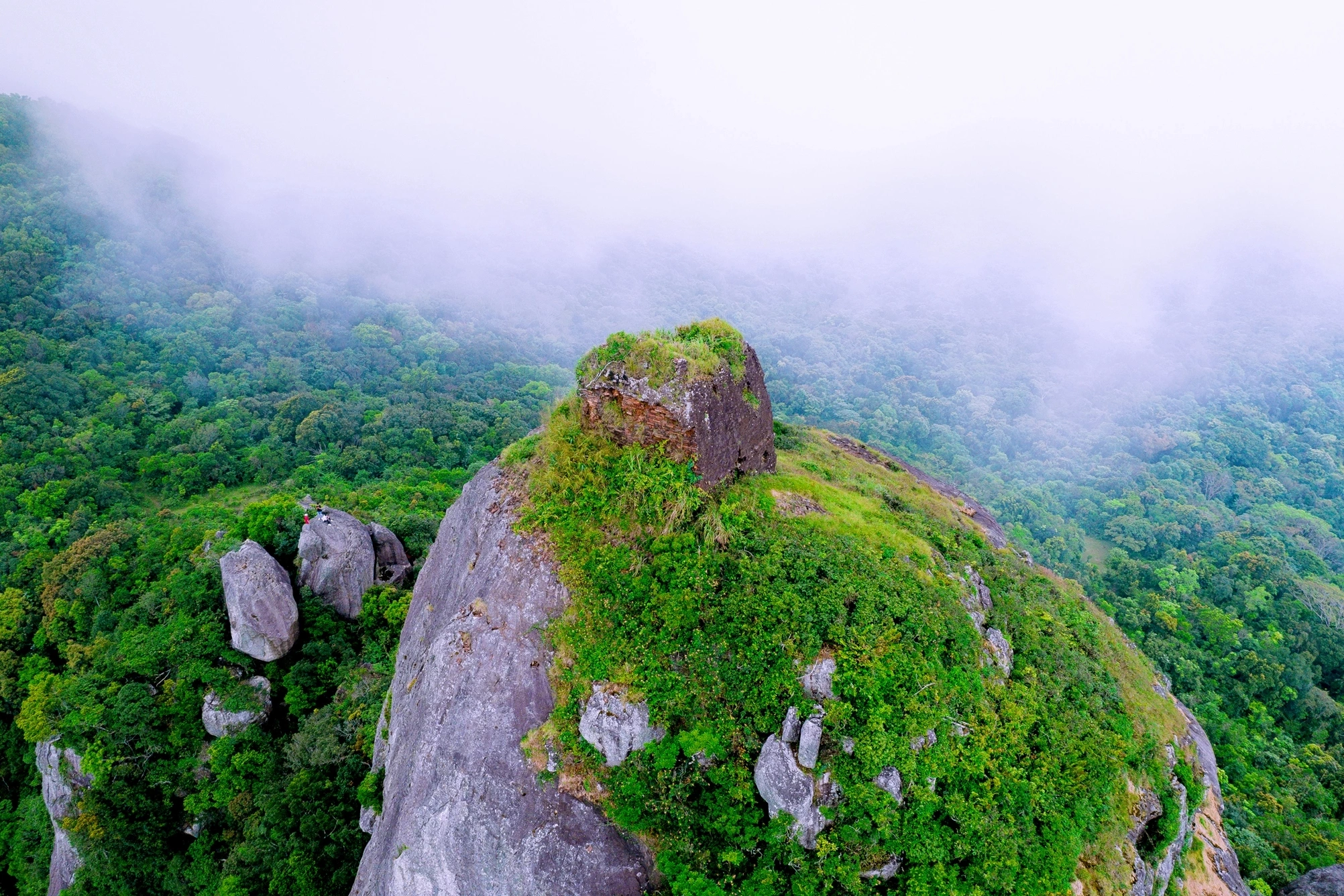
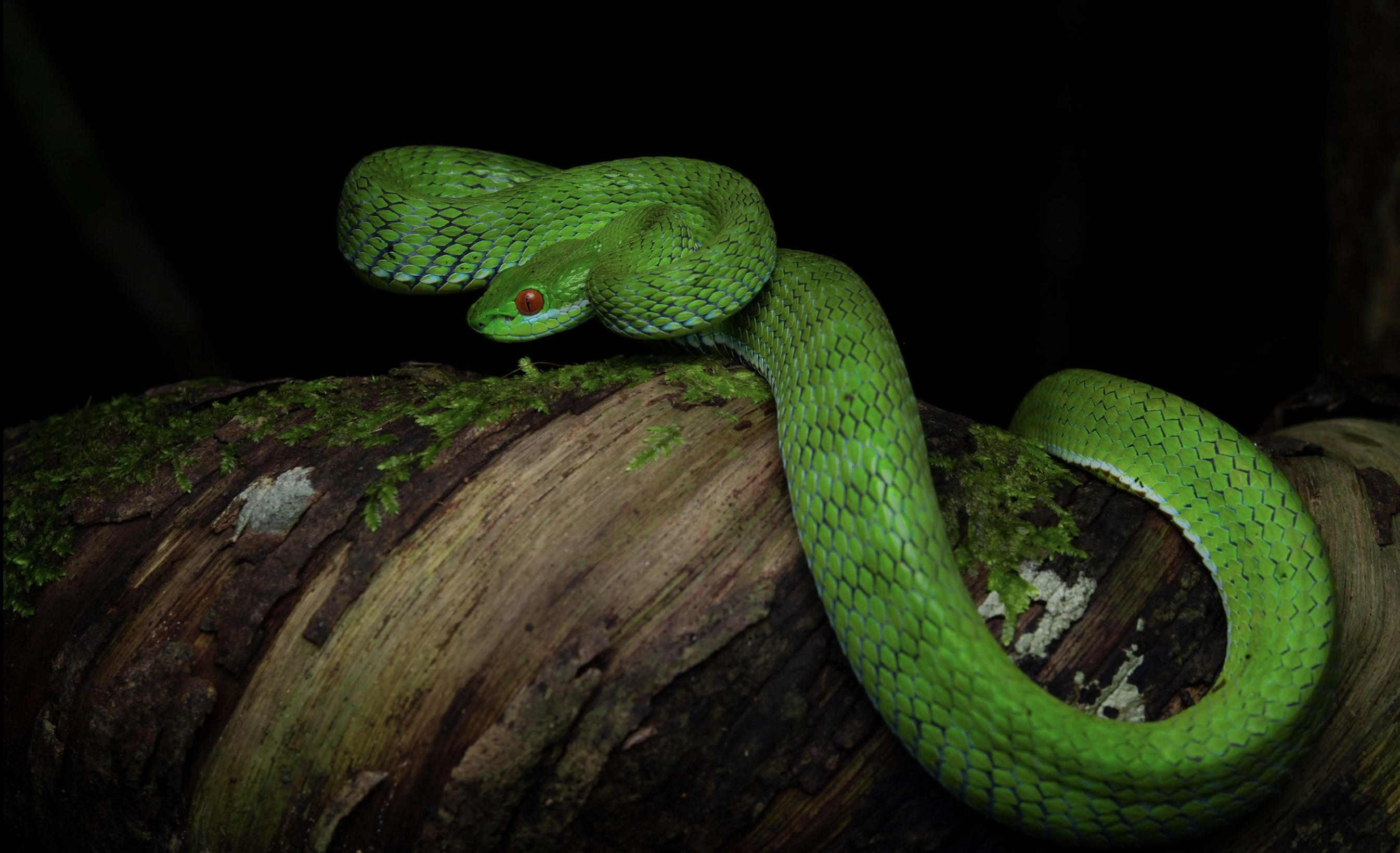
























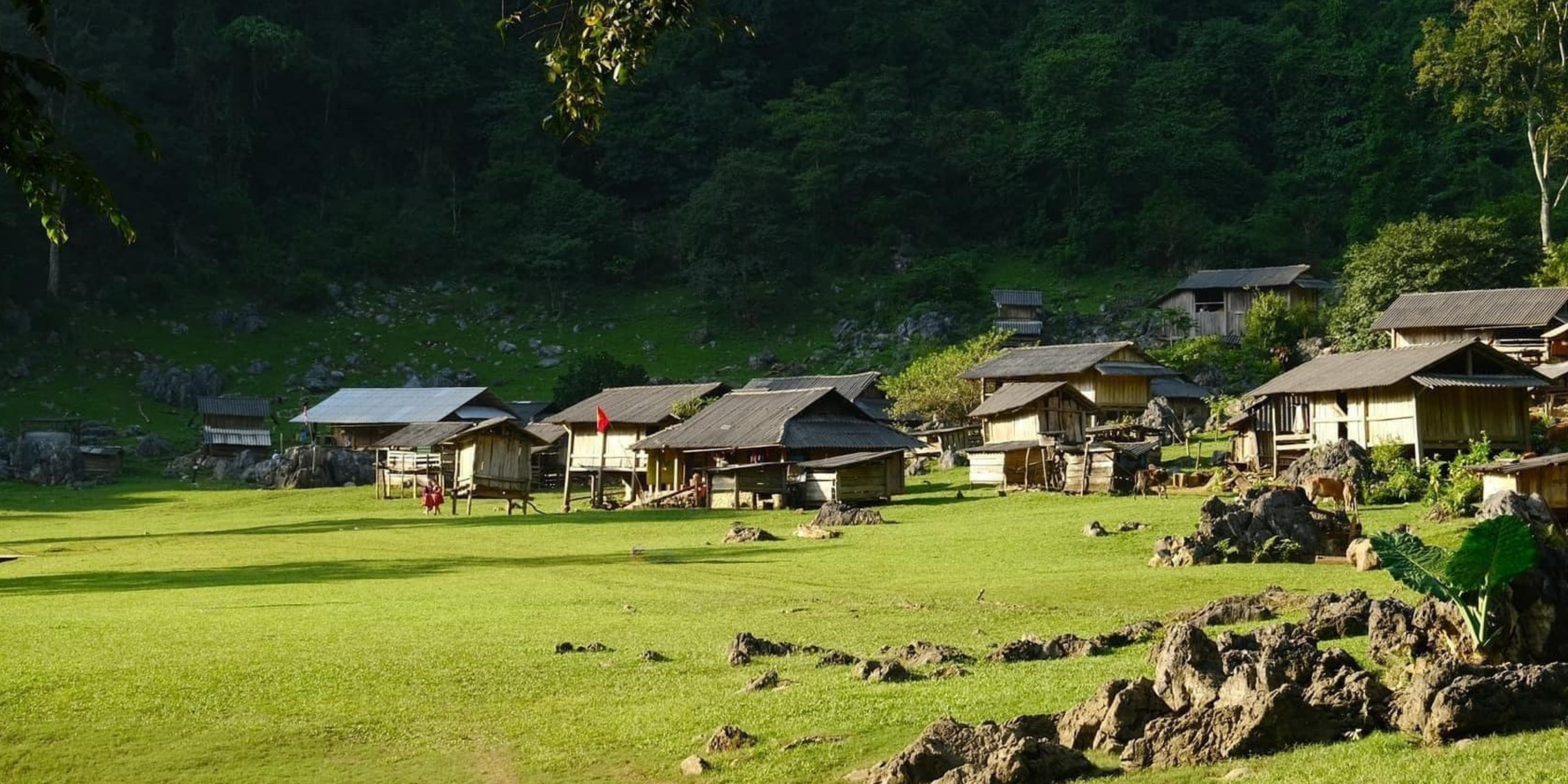
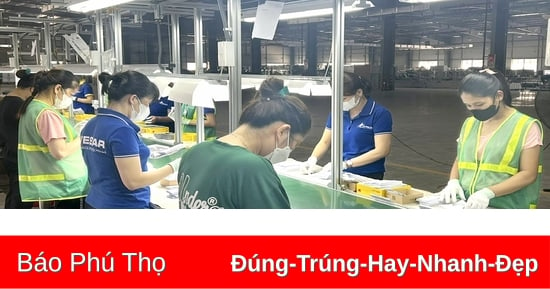
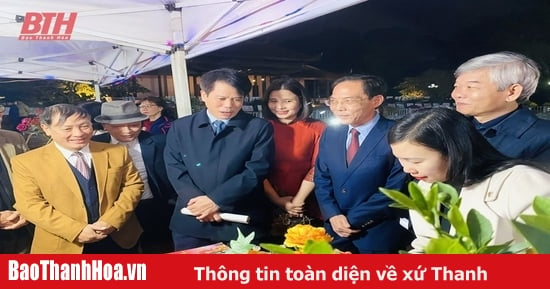
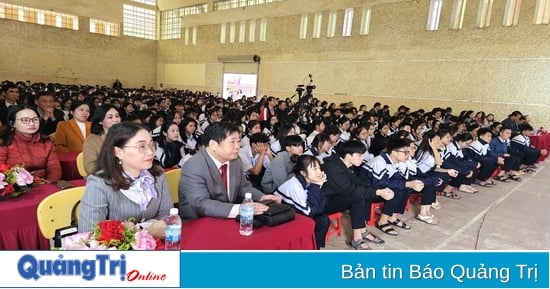
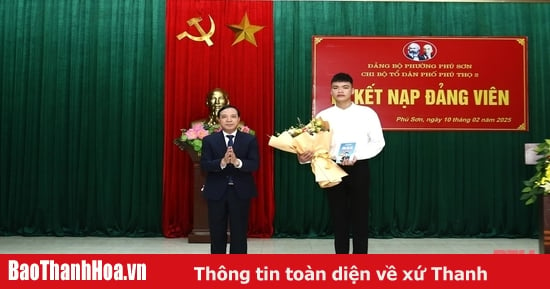
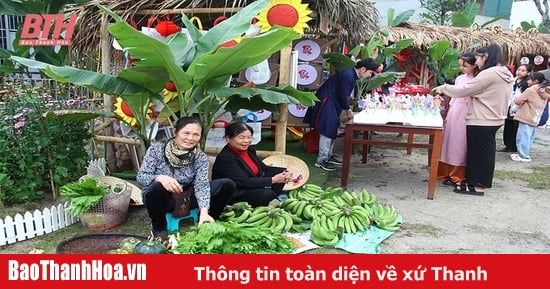
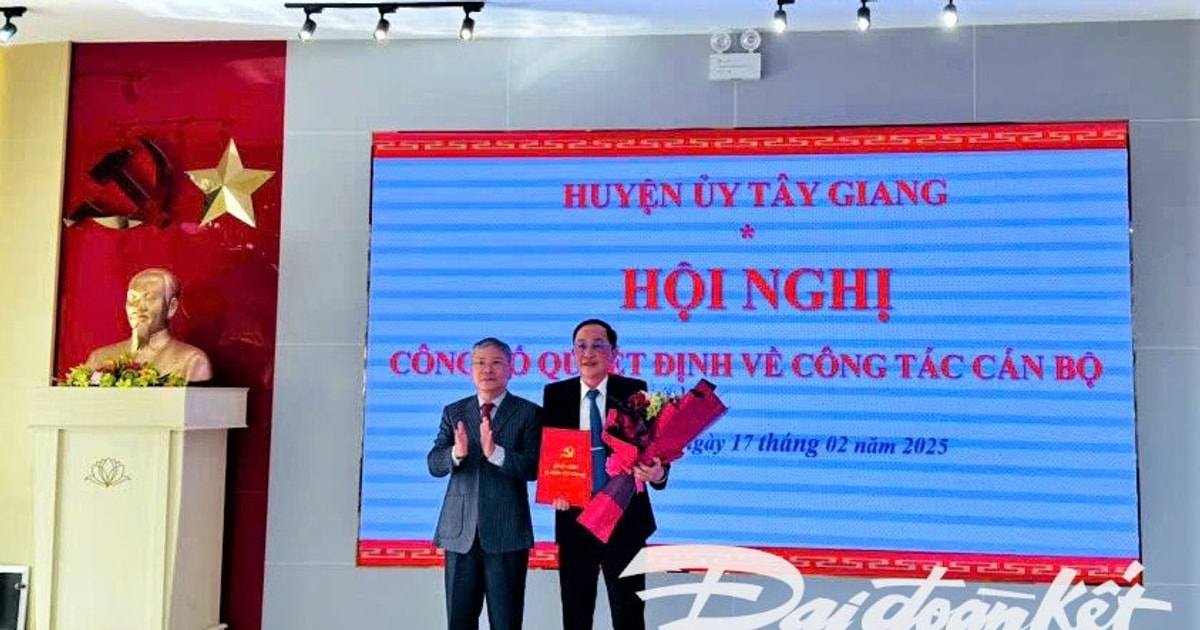

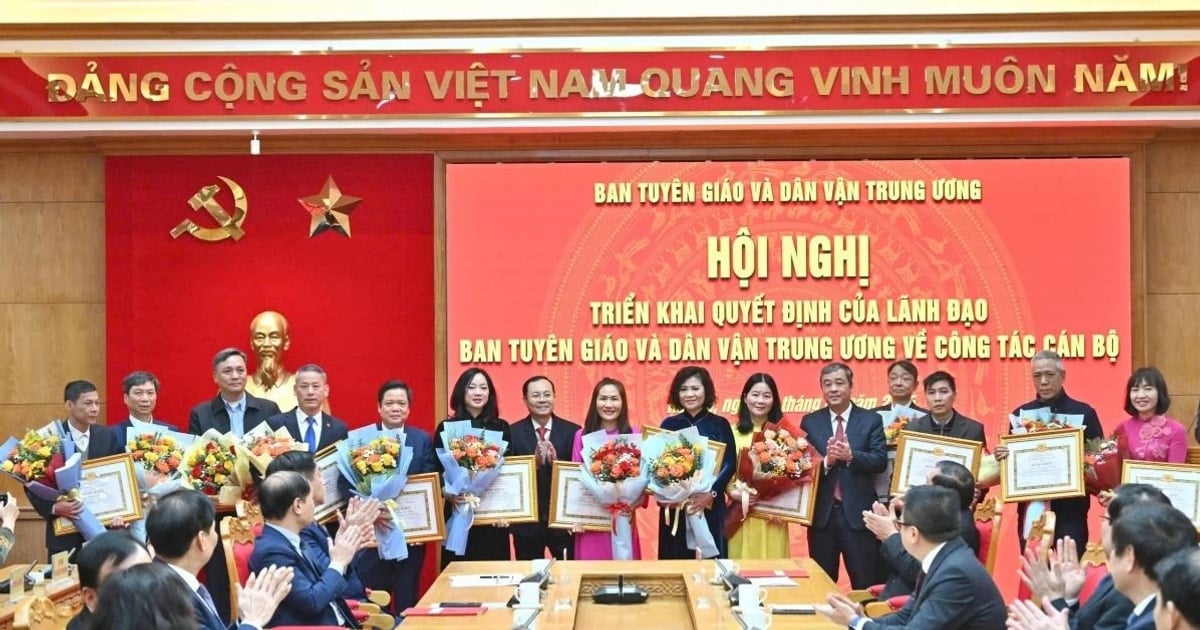
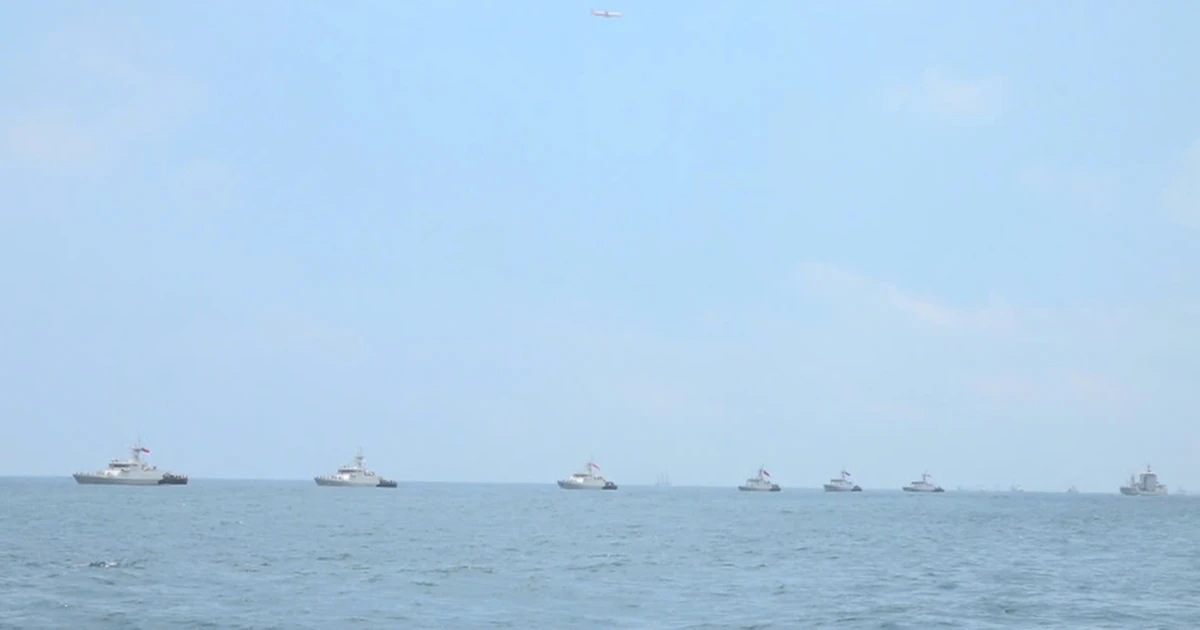

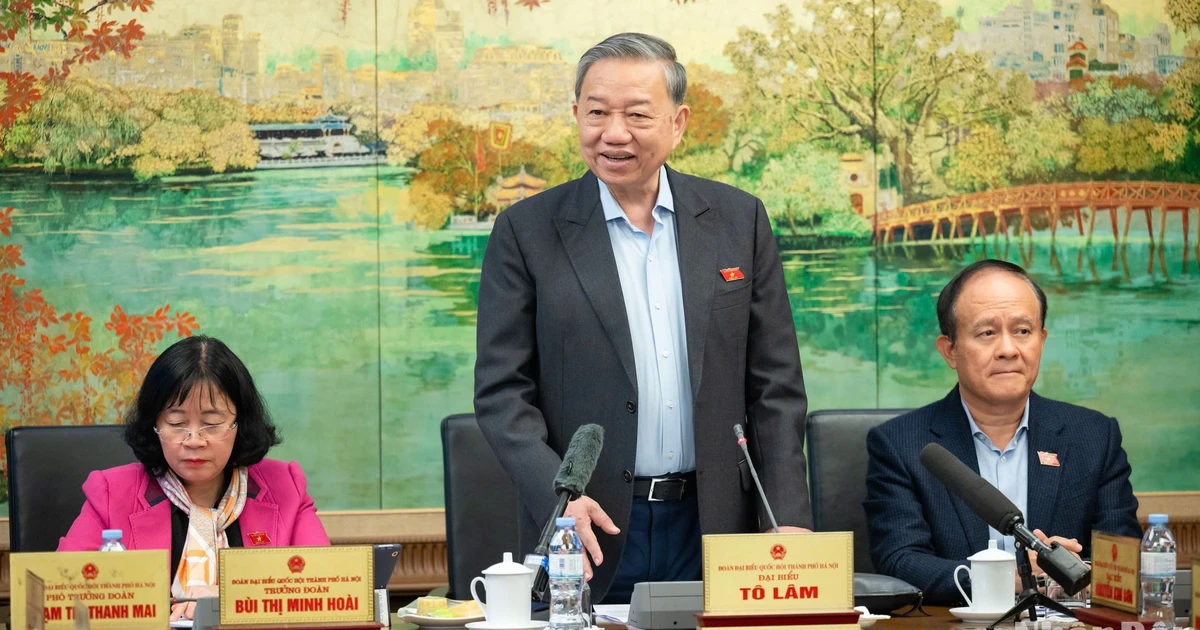
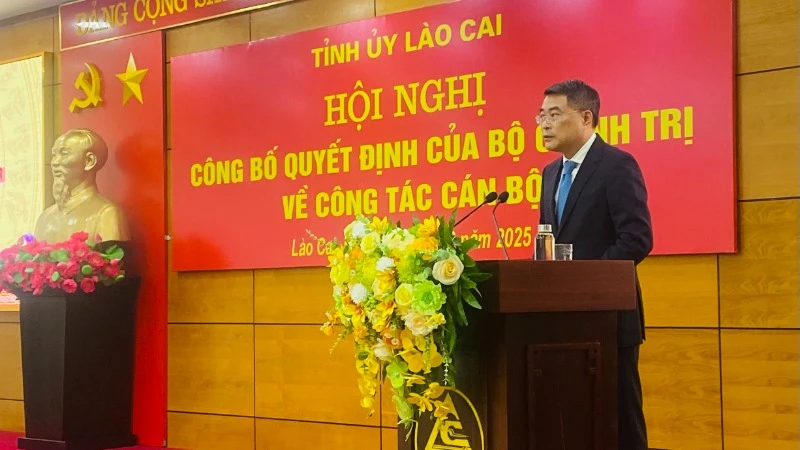
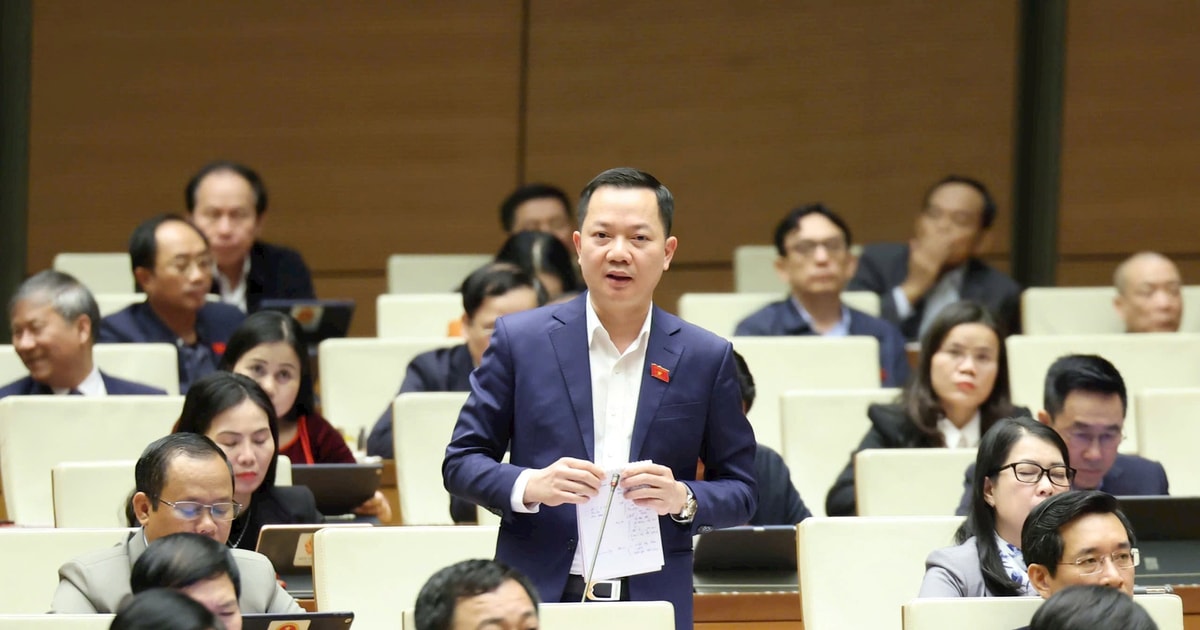
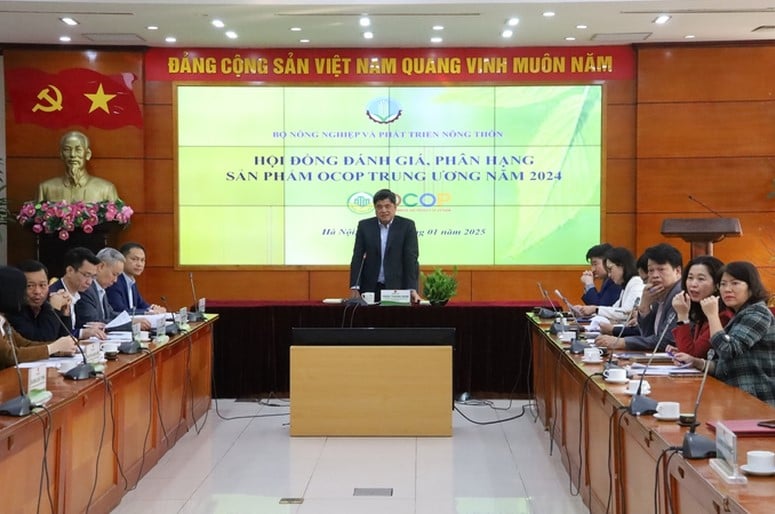
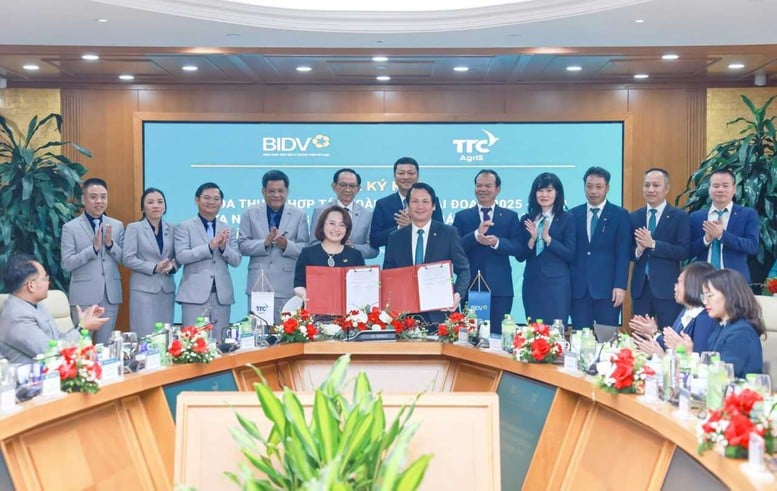
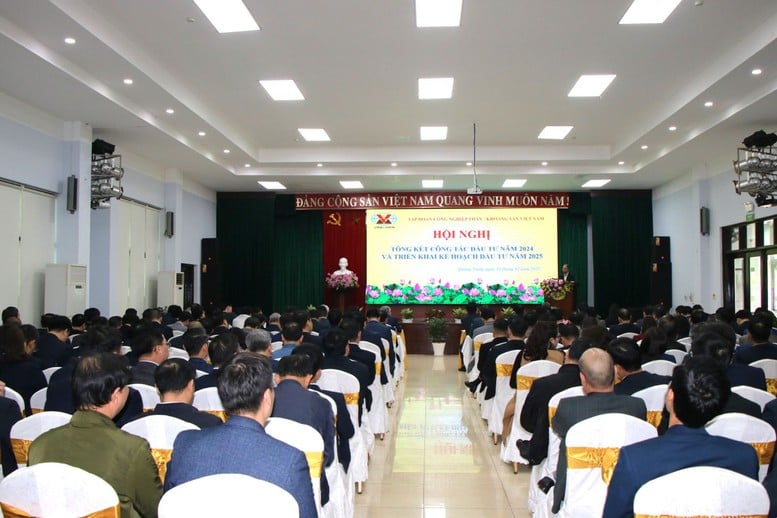
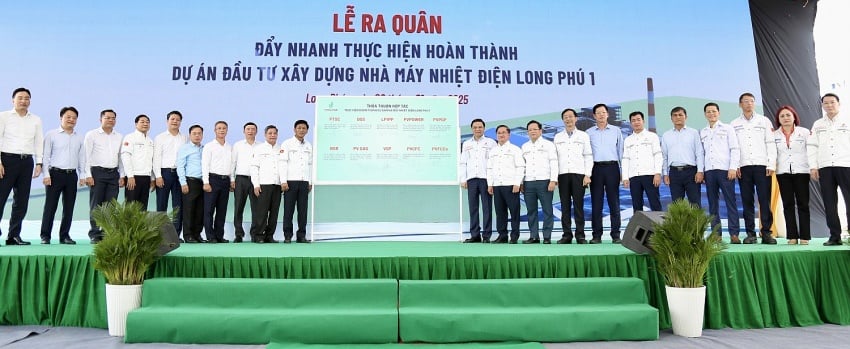
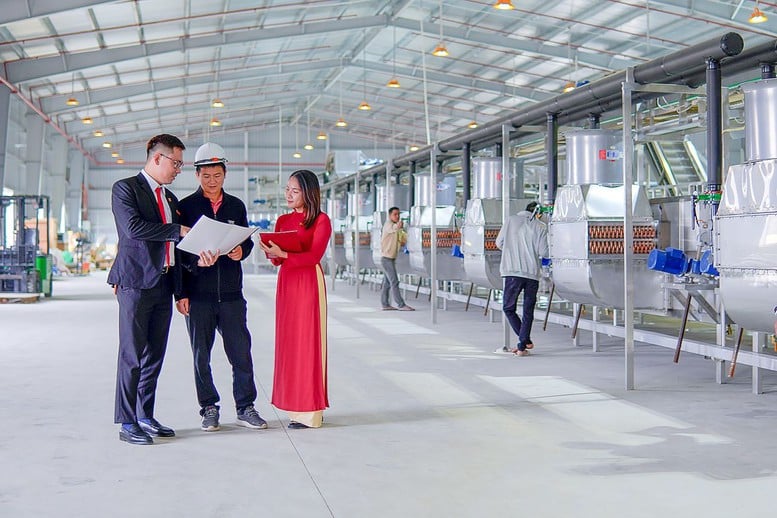
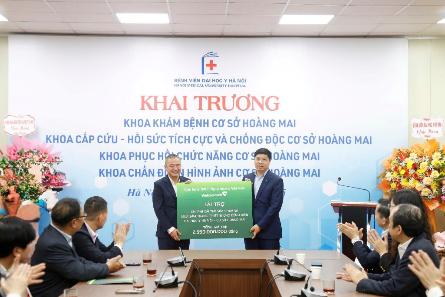
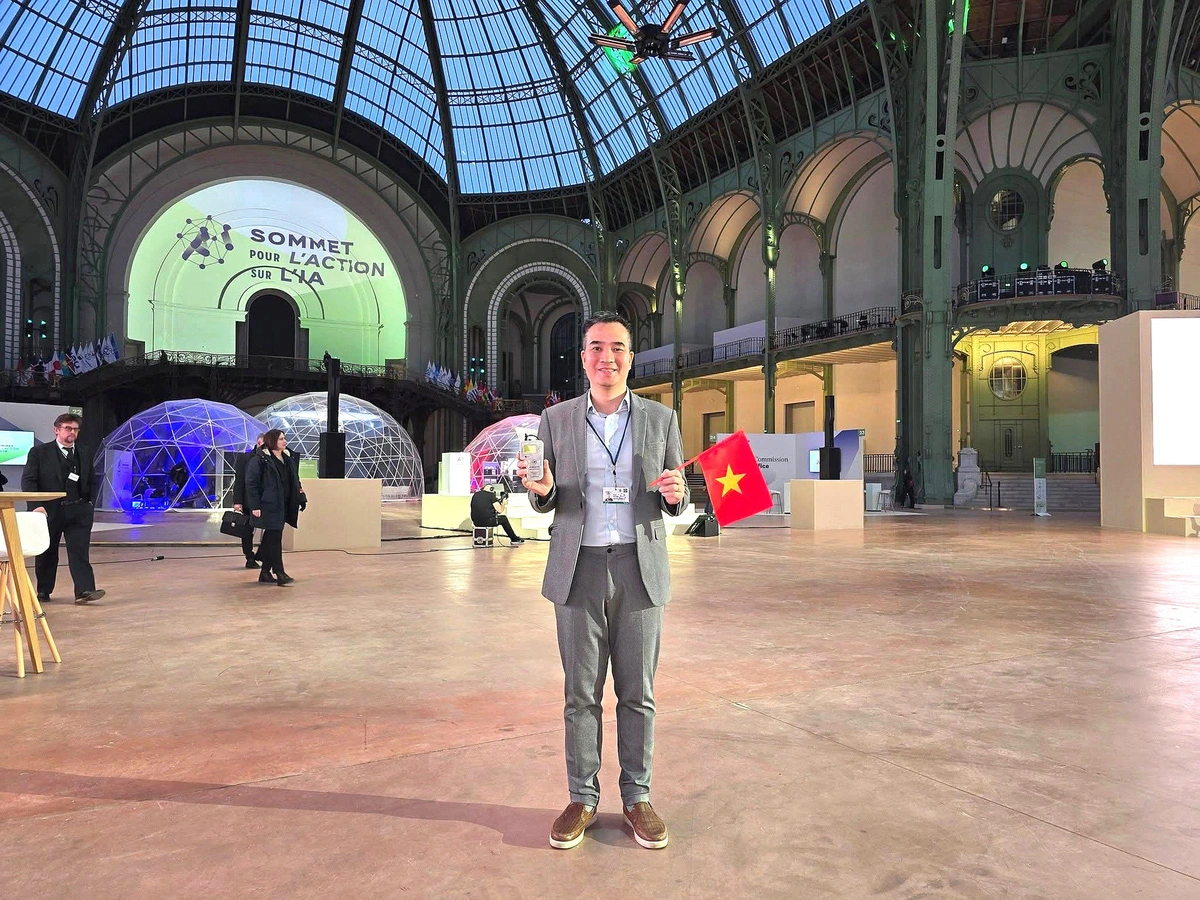

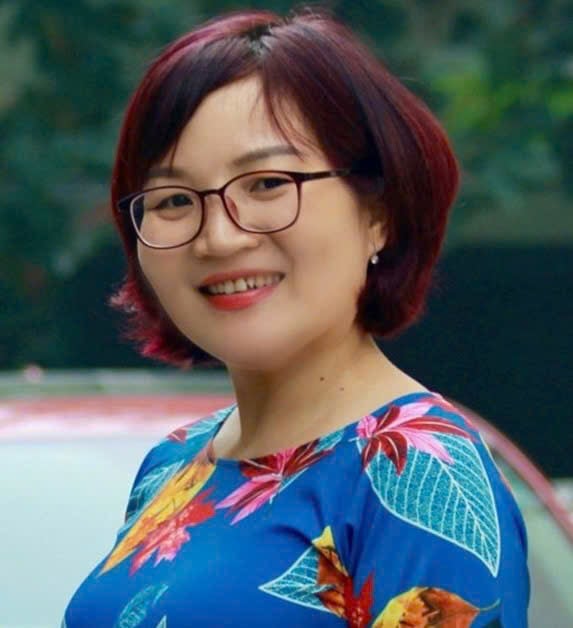

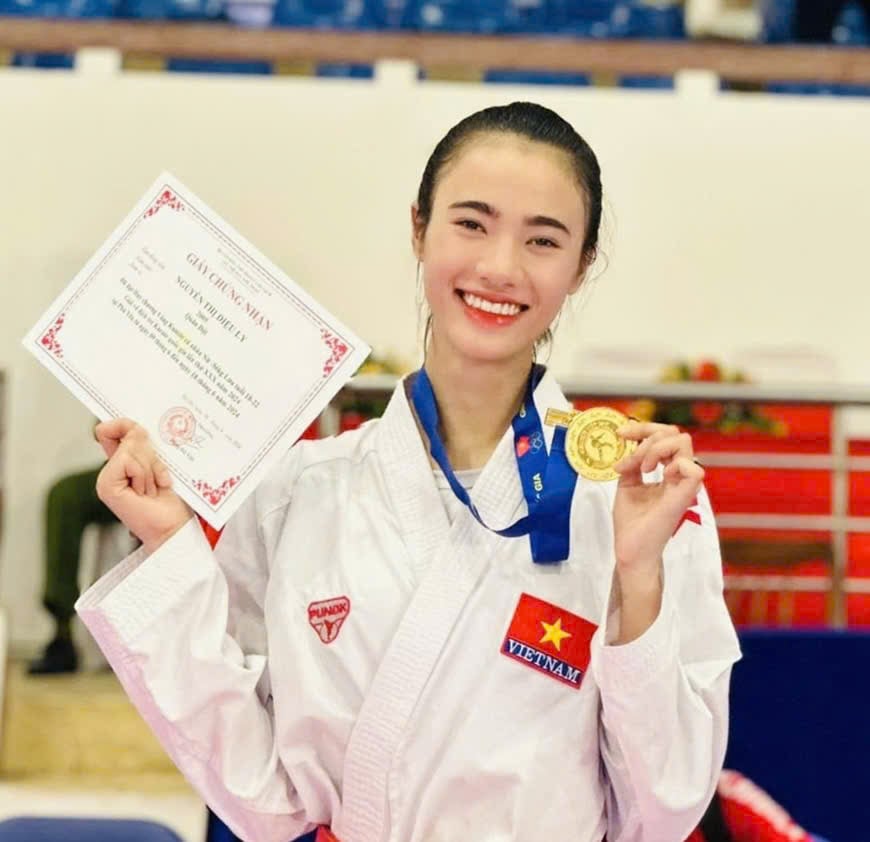

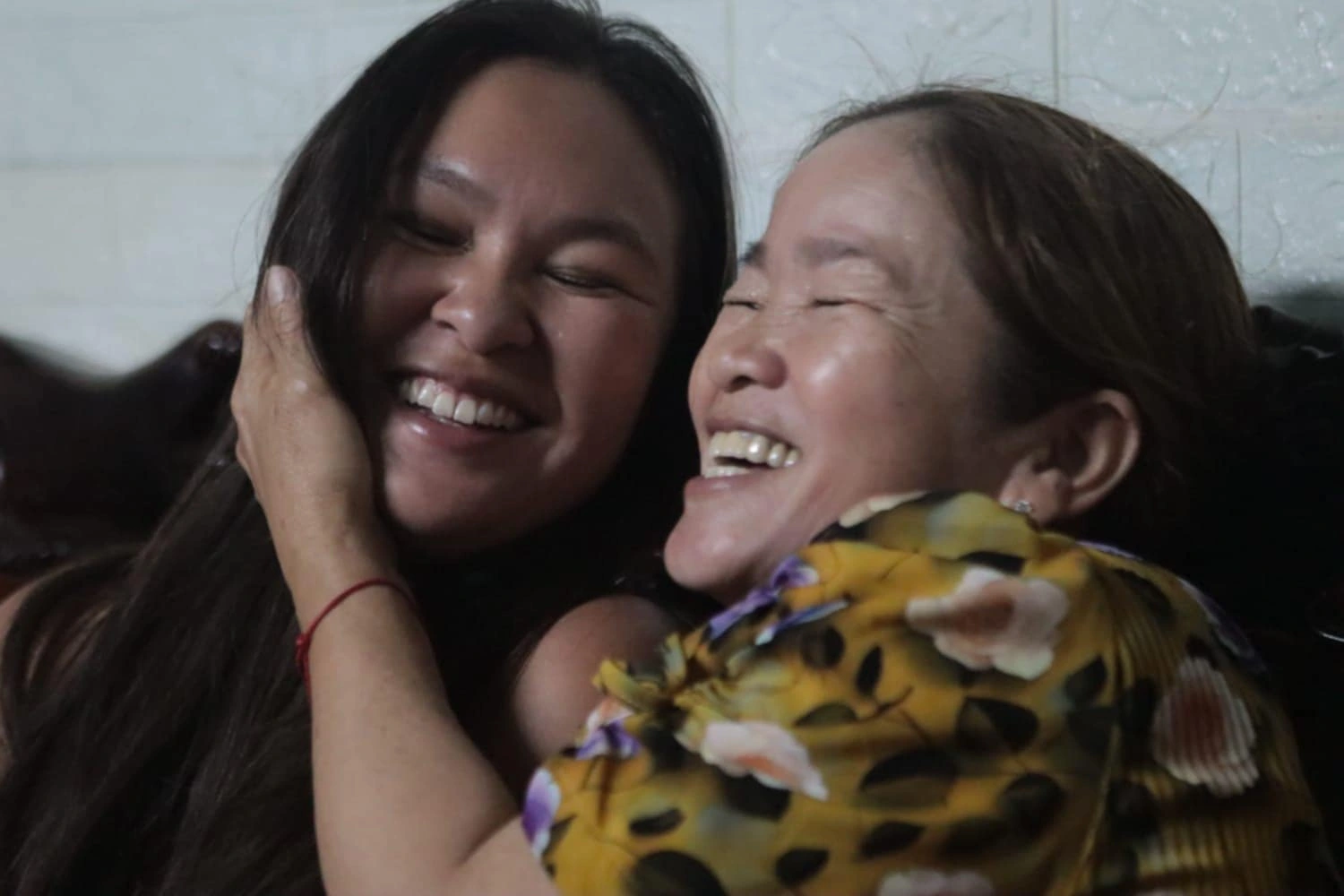

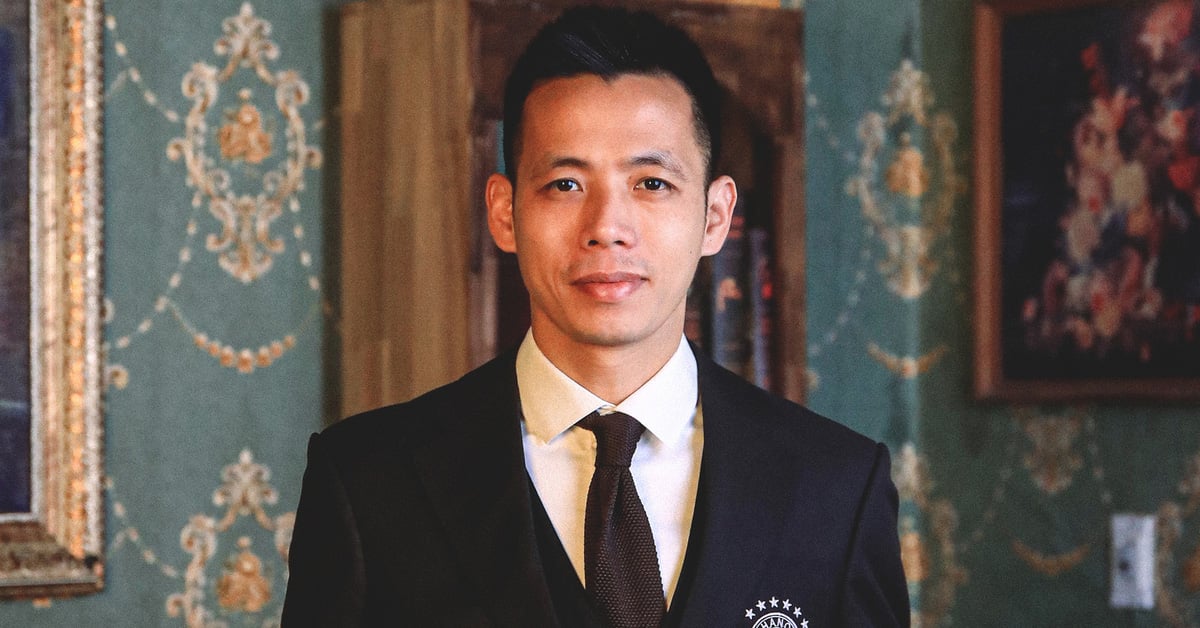


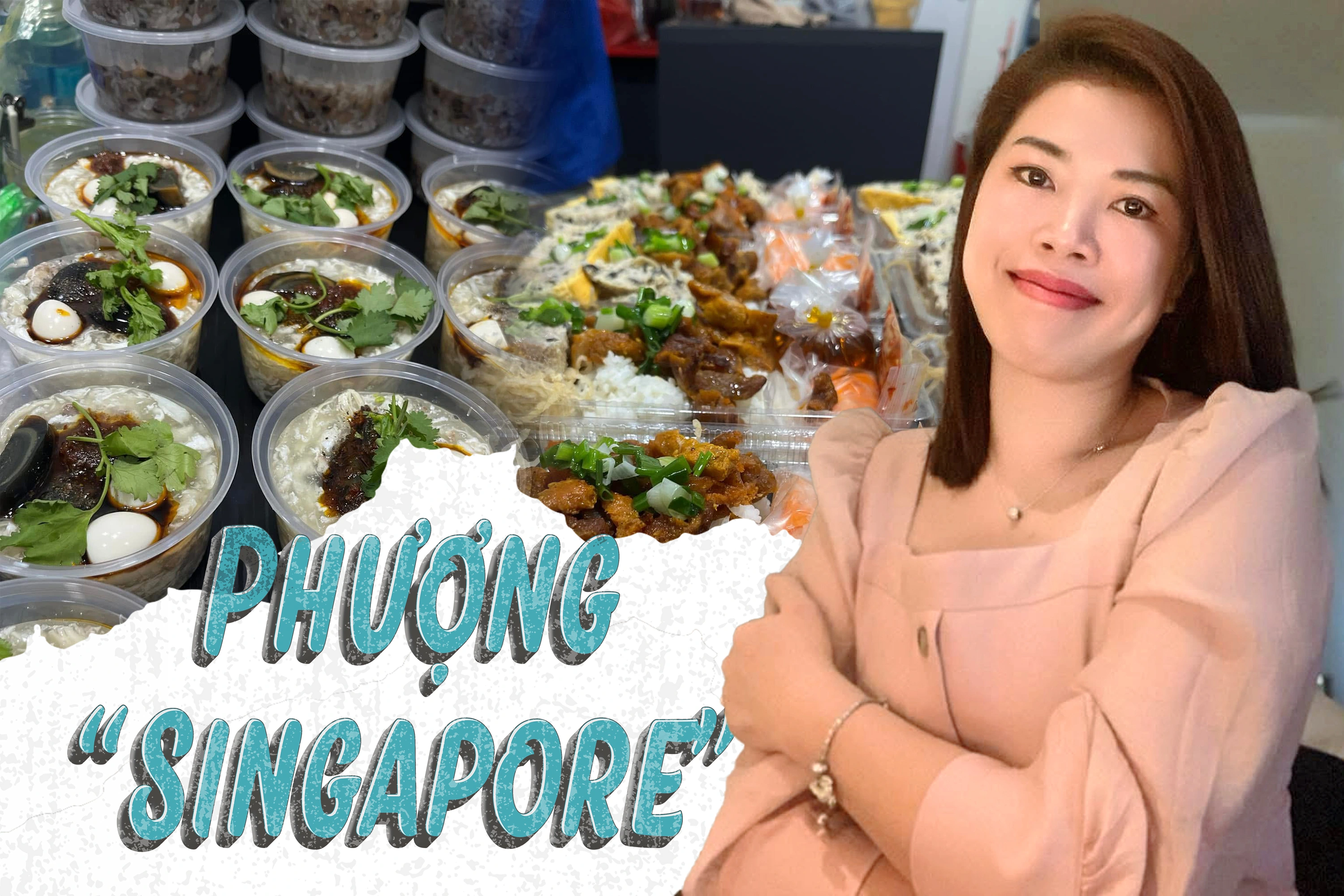
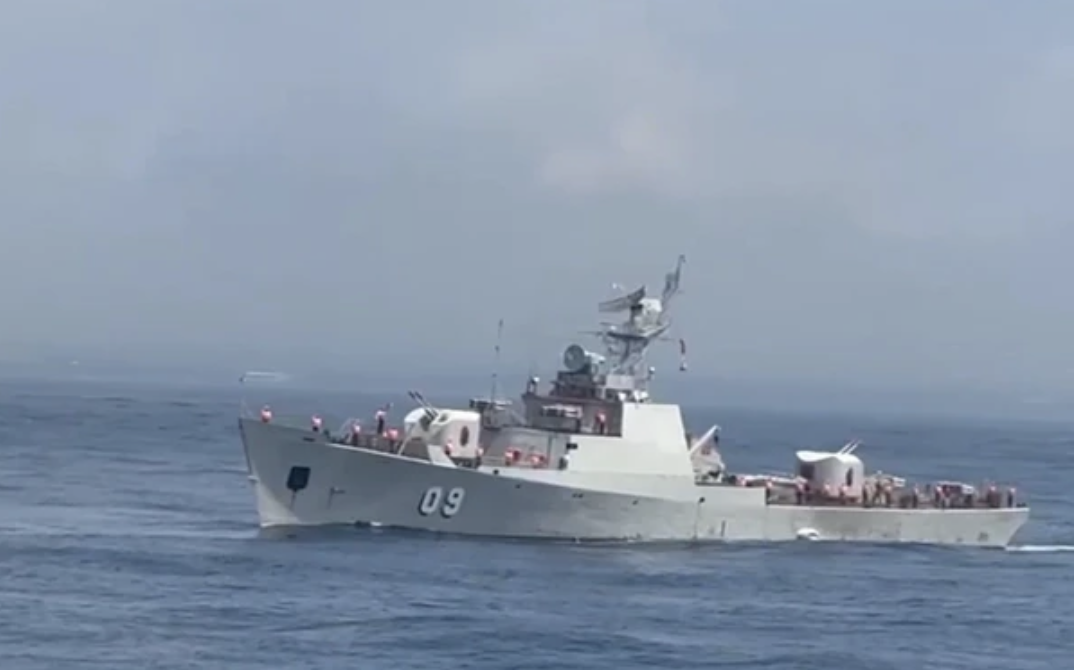
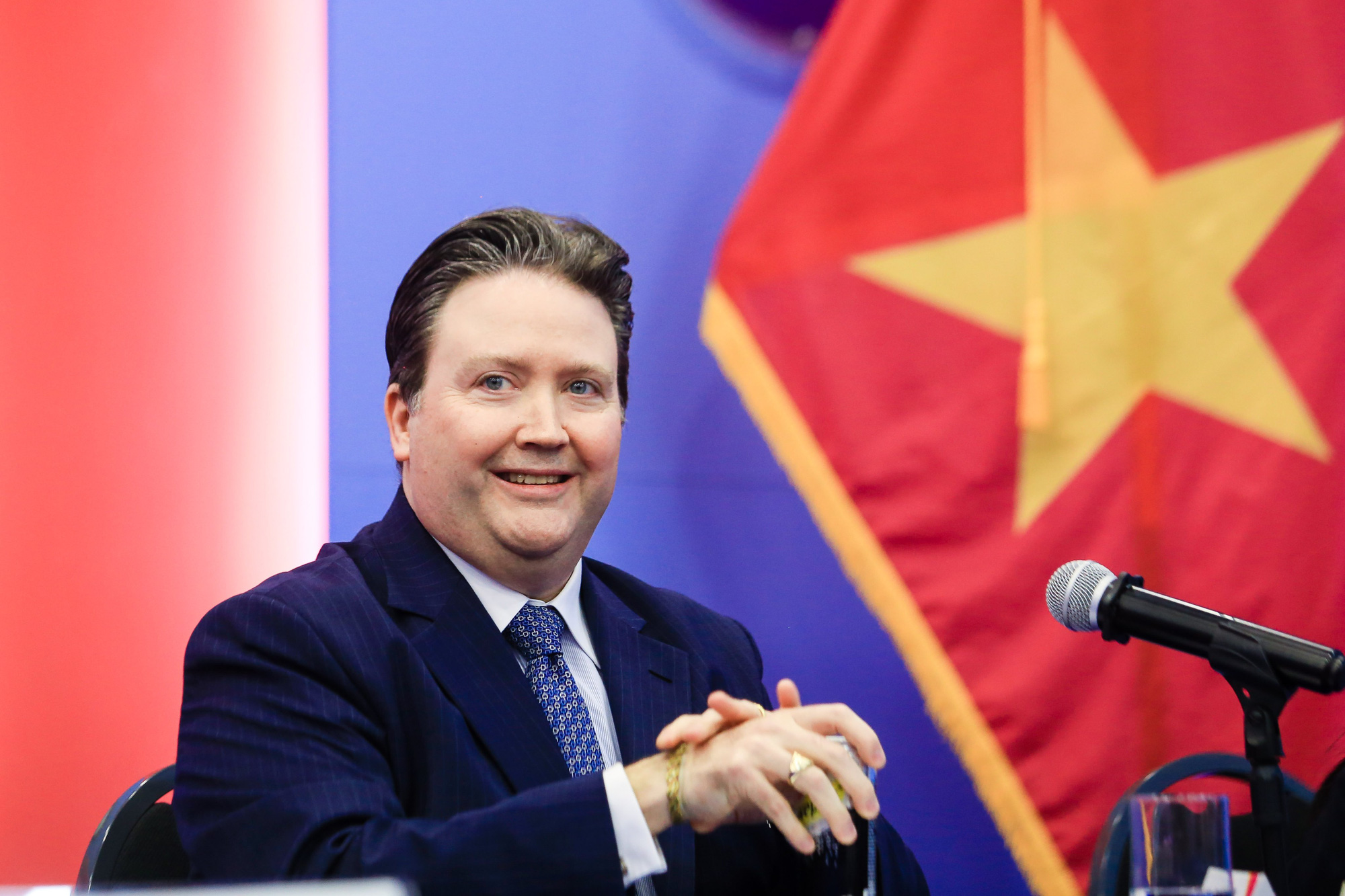
Comment (0)